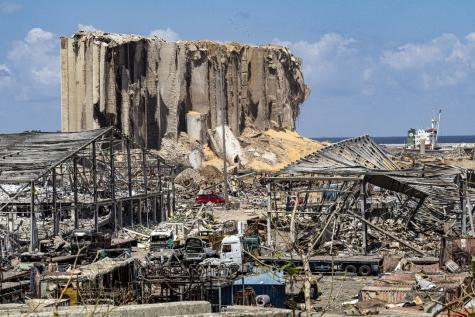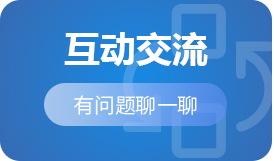UNDRR ROAS Co-organized a Webinar on Beirut Port Explosion: Lessons Learned, Experiences, and Good Practices

UNDRR ROAS co-organized a webinar in follow-up to the 2020 Beirut port explosion tackling lessons learned, experiences, and good practices in managing risks of ammonium nitrate storage, handling, and transport in port areas, preventing accidents, and mitigating their consequences. The webinar was co-organized by the United Nations, namely the United Nations Economic Commission for Europe, the International Labour Organization, the International Maritime Organization, the United Nations Environment Programme/Office for the Coordination of Humanitarian Affairs Joint Environment Unit, and United Nations Office for Disaster Risk Reduction (Regional Office for Arab States), and the Organisation for Economic Co-operation and Development.
The webinar welcomed over 500 participants from all UN regions and was simultaneously live-streamed on UN Web TV. The speakers — representing 5 international organizations, 13 countries, and 4 industry associations — demonstrated that action is needed to strengthen risk management of hazardous substances in port areas and beyond. They reviewed lessons learned from the Beirut port explosion, other accidents involving ammonium nitrate, and subsequent actions taken and that need to be taken.
The speakers discussed the importance of differentiating between different types of ammonium nitrate and ammonium nitrate-based fertilizers; understanding the respective measures needed to prevent, prepare for and respond to industrial accidents involving them and other hazardous substances; and communicating such information to frontline workers, firefighters, emergency responders, and other stakeholders. Inspections, if conducted with appropriate criteria and frequency, also provide a means to ensure the implementation of and compliance with the many existing international and national legal and policy instruments that aim to ensure safety. Moreover, risk assessments, land-use planning, and siting are essential to preventing major accidents involving ammonium nitrate and mitigating their consequences should they occur; the results of risk assessments should inform decision-making processes for planning and siting.
It saw an exchange of information on lessons learned from the Beirut port explosion and other accidents involving AN and AN-based fertilizers. In this respect, the outcomes served to highlight the available instruments and control measures that are essential for controlling the risk associated with the handling, storage, and transport of all hazardous.
The international organizations highlighted the international legal instruments and recommendations addressing AN and AN-based fertilizers, their work in responding to accidents involving AN, and the results of a global UN/OECD survey recently conducted to collect information on managing the risks of AN and AN-based fertilizers, which included 101 responses from all five UN regions and informed the preparation of the seminar’s agenda.
On 4 August 2020, Beirut witnessed one of the largest non-nuclear blasts in history, as 2,750 tonnes of ammonium nitrate that had been stored for six years without safety measures at Beirut's port exploded, sending a devastating blast wave across Beirut, leaving 300 people dead, 6,500 injured, and 300,000 displaced, and resulting in USD 15 billion loss in destruction.
The Beirut port explosion highlighted once again the importance of applying and complying with the applicable instruments addressing the storage, handling, and transport of hazardous substances, as well as accident prevention, preparedness, and response.
For more information about the webinar and its conclusions, visit the webinar webpage.
Sources: United Nations Office for Disaster Risk Reduction - Regional Office for Arab States
United Nations Economic Commission for Europe
International Labour Organization
Joint UNEP/OCHA Environment Unit
International Maritime Organization
Organisation for Economic Co-operation and Development






